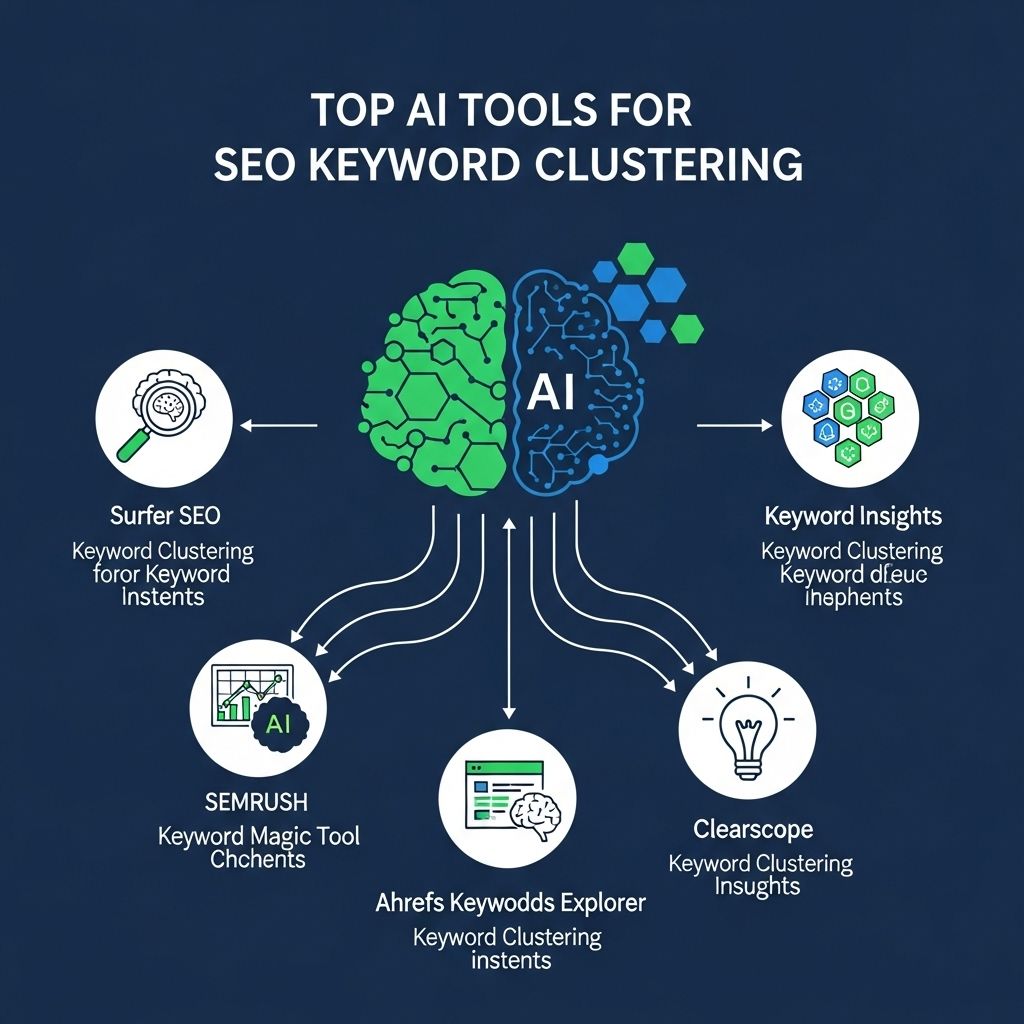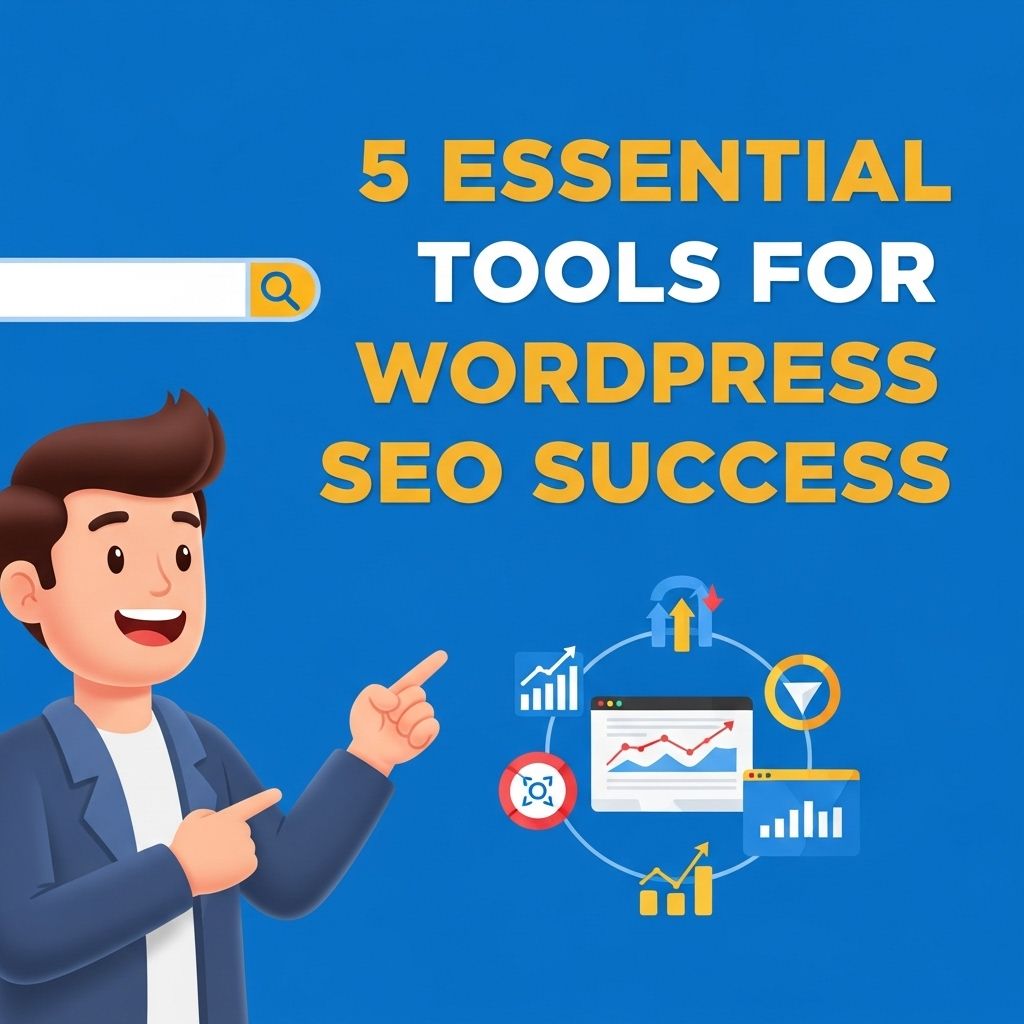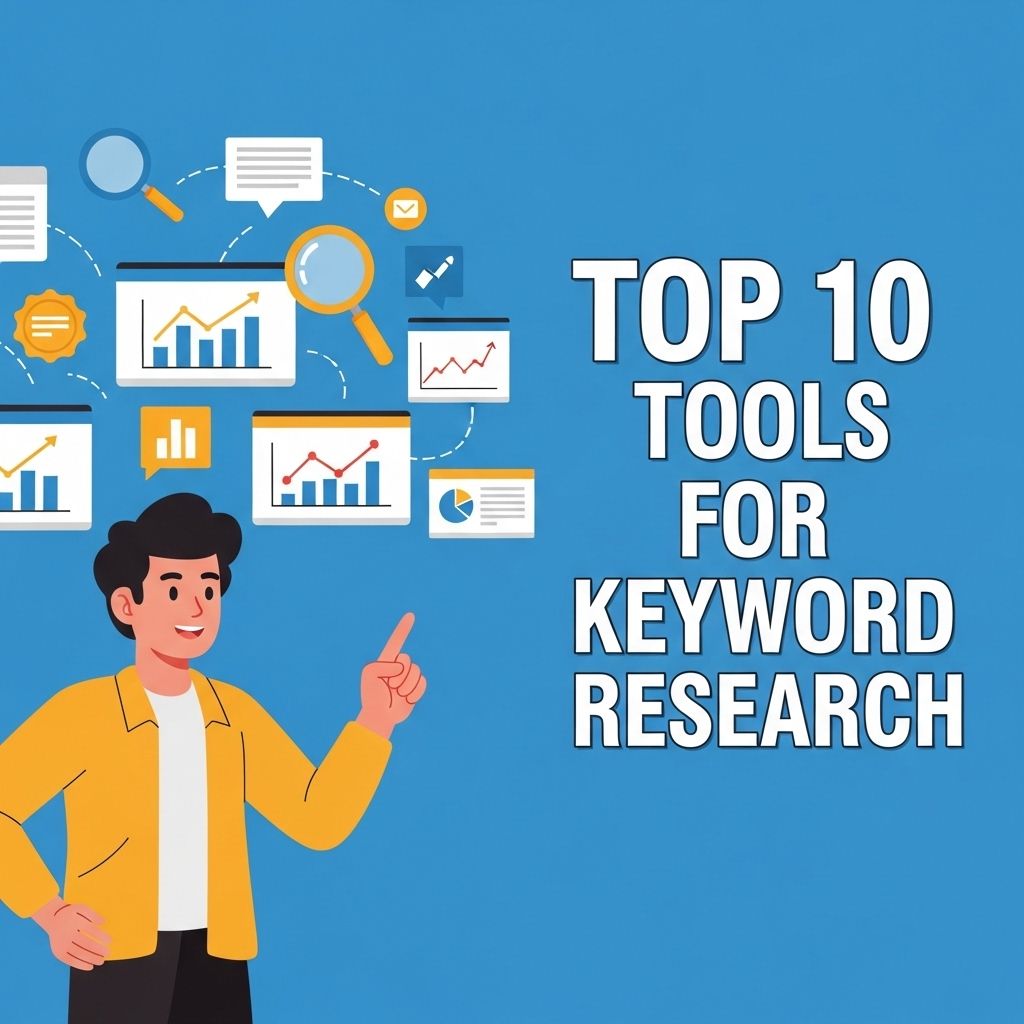Top AI Tools for Effective SEO Keyword Clustering
Discover the best AI tools for SEO keyword clustering to enhance your content strategy and improve search rankings in 2023.

As the digital landscape becomes increasingly competitive, businesses and marketers are constantly seeking innovative strategies to enhance their visibility and optimize their content strategies. One such strategy is keyword clustering, a method that organizes keywords into groups based on their semantic relevance. This not only helps in improving SEO but also aids in crafting more targeted and efficient content. In this article, we will explore the top AI tools that can assist in the process of SEO keyword clustering, enabling businesses to stay ahead in the game.
As the digital landscape evolves, leveraging AI tools for effective SEO keyword clustering becomes essential for optimizing content visibility. By employing advanced algorithms, these tools can streamline the identification of relevant keywords and their logical grouping, enhancing your overall SEO strategy. For those interested in design elements to complement their SEO efforts, check out our 3D mockup collection.
Table of Contents
Understanding Keyword Clustering
Keyword clustering is the process of grouping similar keywords together to create a more coherent content strategy. Instead of targeting individual keywords, marketers can focus on clusters of related keywords that capture a broader topic. This approach has several advantages:
- Improved Content Relevance: Grouping related keywords ensures that content is more relevant to users’ search queries.
- Enhanced Internal Linking: Keyword clusters facilitate better internal linking strategies, improving site structure.
- Higher Rankings: By addressing multiple related keywords, content can rank for several search terms simultaneously.
- Efficient Content Creation: Clustering simplifies the content creation process by providing a clear focus.
AI Tools for Keyword Clustering
With the rise of artificial intelligence, numerous tools have emerged that streamline the keyword clustering process. Here are some of the top AI tools that can help marketers effectively cluster their keywords.
1. SEMrush
SEMrush is a comprehensive SEO tool that offers a robust keyword clustering feature. It allows users to input a list of keywords and automatically groups them based on semantic similarity. The benefits of using SEMrush for keyword clustering include:
- Intuitive Dashboard: Users can easily view and manage clusters.
- Competitor Analysis: Gives insights into how competitors are targeting specific keywords.
- Traffic Potential: Offers metrics about the traffic potential of clustered keywords.
2. Ahrefs
Ahrefs is another powerful SEO tool that provides keyword grouping capabilities. Its features include:
- Keyword Explorer: Users can discover keywords and see their grouping in relation to other similar terms.
- Content Gap Analysis: Identifies keywords that competitors rank for but you don’t.
- Site Audit: Assesses the health of your website and how well it targets clustered keywords.
3. Keyword Cupid
Keyword Cupid specializes in keyword clustering with a focus on machine learning algorithms. Its standout features are:
- Automated Clustering: Automatically groups keywords based on a sophisticated algorithm.
- Customizability: Users can customize the clustering method according to their needs.
- Visualization: Provides visual representations of keyword clusters for better understanding and strategy formulation.
4. Serpstat
Serpstat is an all-in-one SEO platform that includes a keyword clustering tool. Key features include:
- Keyword Research: Allows for in-depth keyword exploration and grouping.
- Cluster Analysis: Analyzes how well your content is performing for clustered keywords.
- Rank Tracking: Monitors your rankings for each keyword cluster.
5. Rank Tracker by Link-Assistant
Rank Tracker is a tool from Link-Assistant that offers advanced keyword grouping capabilities. Its notable features are:
- Keyword Research: In-depth keyword research combined with clustering functionality.
- Visual Clustering: Provides graphical representations of keyword relationships.
- Competitor Comparison: Compare your keyword clusters with those of your competitors.
How to Implement Keyword Clustering
Implementing keyword clustering effectively requires a strategic approach. Below are steps to follow when utilizing AI tools for keyword clustering:
- Keyword Research: Use tools like Ahrefs or SEMrush to gather a comprehensive list of keywords related to your niche.
- Cluster Identification: Input your keywords into your chosen AI tool and generate clusters based on semantic relevance.
- Content Mapping: Create content outlines based on each keyword cluster, ensuring that each piece addresses the semantics of the entire cluster.
- On-Page Optimization: Optimize each piece of content with the main keyword and related terms from the cluster.
- Monitor and Adjust: Regularly track the performance of clustered content to refine your strategy.
Benefits of Using AI for Keyword Clustering
AI tools offer several advantages that traditional methods of keyword clustering do not:
- Speed: AI can process vast amounts of data much quicker than manual methods.
- Accuracy: Algorithms can detect semantic relationships more effectively than human analysis.
- Scalability: AI tools allow for clustering of large datasets, making them ideal for extensive keyword lists.
Conclusion
Incorporating keyword clustering into your SEO strategy is crucial for optimizing content and improving visibility. By leveraging advanced AI tools like SEMrush, Ahrefs, and Keyword Cupid, marketers can efficiently organize their keyword data to create more impactful content strategies. As the digital marketing landscape continues to evolve, staying ahead with the right tools will ensure that your content not only meets the needs of your audience but also stands out in a crowded marketplace.
FAQ
What are AI tools for SEO keyword clustering?
AI tools for SEO keyword clustering are software applications that use artificial intelligence algorithms to group related keywords into clusters, helping marketers optimize their content strategy and improve search engine rankings.
How does keyword clustering benefit SEO?
Keyword clustering benefits SEO by allowing content creators to target multiple related keywords within a single piece of content, improving topical relevance and enhancing the chances of ranking for various search queries.
Can AI tools improve the accuracy of keyword clustering?
Yes, AI tools can analyze vast amounts of data and identify patterns in keyword usage, leading to more accurate and efficient clustering compared to manual methods.
What features should I look for in AI keyword clustering tools?
Look for features like automated keyword grouping, search volume analysis, competition metrics, integration with other SEO tools, and user-friendly interfaces in AI keyword clustering tools.
Are there any popular AI tools for keyword clustering?
Yes, popular AI tools for keyword clustering include SEMrush, Ahrefs, Moz, and Keyword Cupid, each offering unique features to assist in effective keyword organization.
How often should I update my keyword clusters?
It’s recommended to review and update your keyword clusters regularly, ideally every few months, to reflect changes in search trends, user behavior, and keyword performance.








